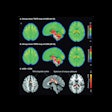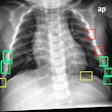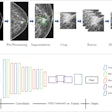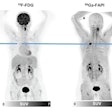
Social factors such as race and economic position influence women's vulnerability to breast cancer, but they are rarely considered in breast cancer research, according to a commentary published in the July issue of Cancer Causes and Control.
Not enough is being done to understand how race, income level, and other social factors contribute to cancer susceptibility, wrote a team led by Lorraine Dean, ScD, from Johns Hopkins University Bloomberg School of Public Health.
Dean and colleagues highlighted a 2014 review of more than 20 years of U.S. National Cancer Institute (NCI) clinical trials that found only 20% of randomized controlled studies reported results that took race and ethnicity into account. A 2016 analysis found that of 57 breast cancer observational and randomized controlled trials published that year, fewer than 5% reported findings stratified by race or other socioeconomic factors (Cancer Causes Control, July 2018, Vol. 29:7, pp. 611-618).
Overlooking race, ethnicity, and other social characteristics in medical research can hide which factors contribute to negative outcomes, according to the researchers.
"A lot of scientists don't want to deal with race or socioeconomic position in their studies because they think those characteristics aren't modifiable," Dean said in a statement released by Johns Hopkins. "But they can actually help identify factors that are modifiable. You can't change your genes, for example, but we still do genetic studies because they illuminate pathways we can change with medicines or other interventions."



















